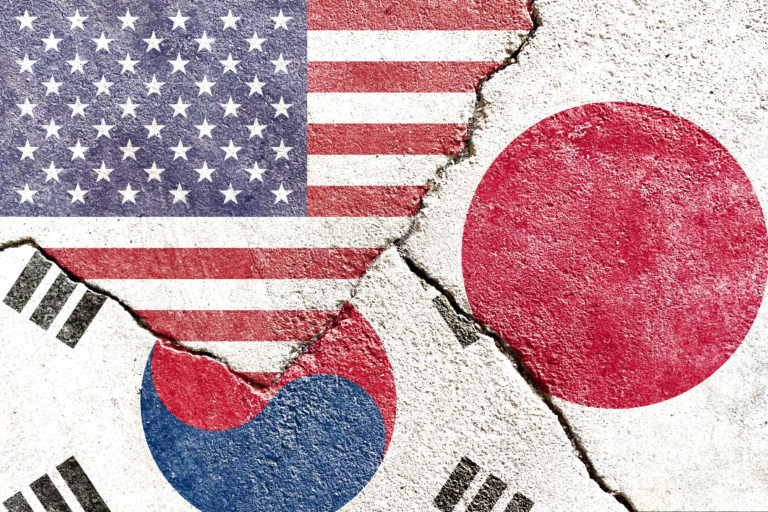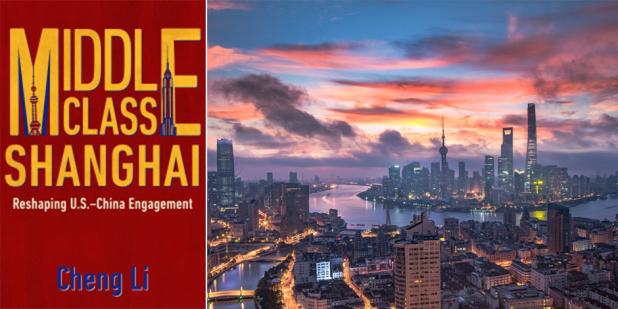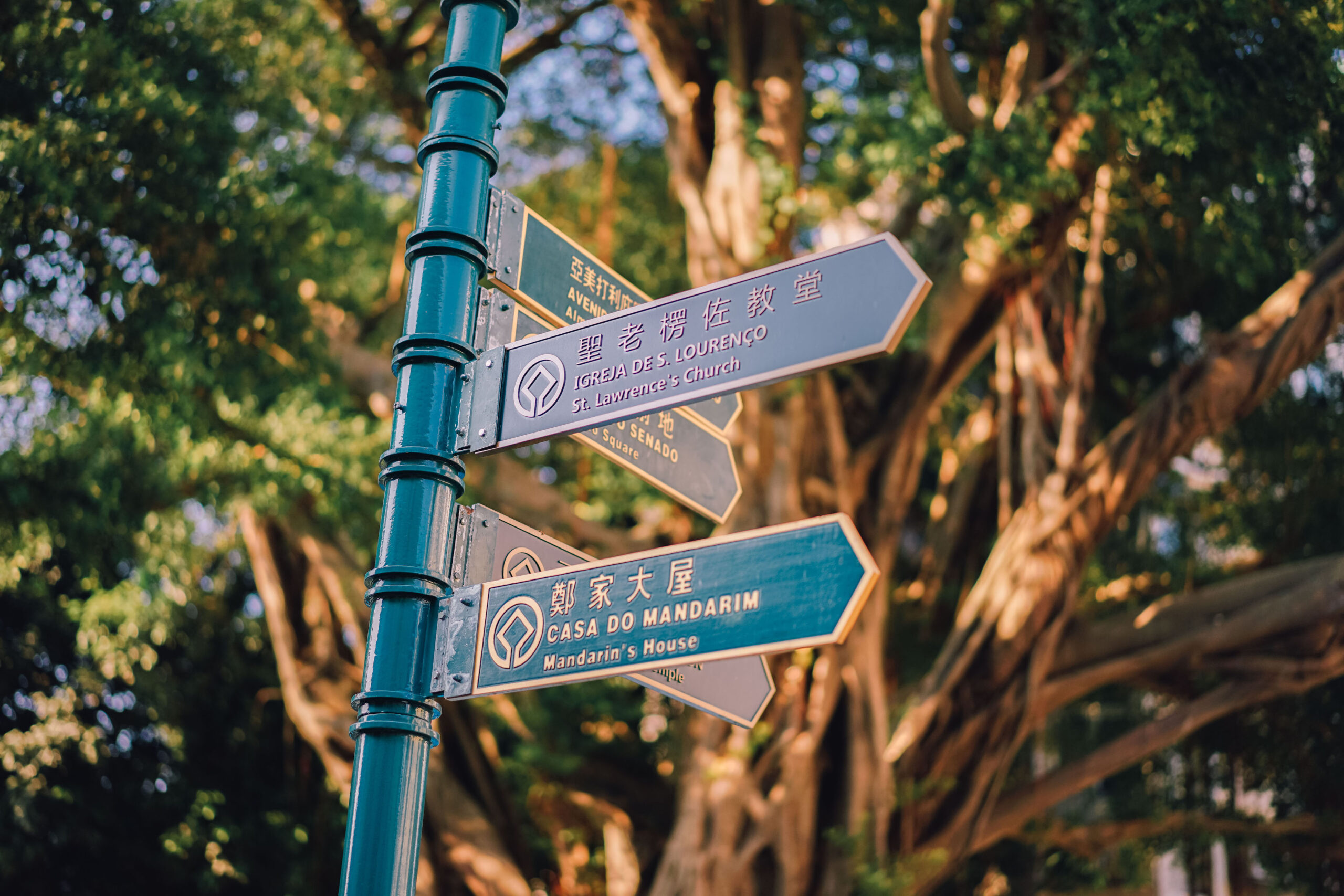South Korean companies are still expanding their operations in Vietnam, largely driven by the shifting of global production bases from China to Vietnam due to rising production costs and other geopolitical factors.
東アジア半導体サプライチェーンの再編とその未来
米国にとって、現在の米中関係がどこまで悪化するか不明な部分もあるが、米中のハイテク分野における競合関係は米国および同盟国の経済安全を脅かす可能性があるという認識は、米国では議会を含めて広く認識されてきている。
There is a great deal of uncertainties between the political philosophy of common prosperity and Chinese economic growth policy in the coming term. Ordinary Chinese, overseas investors and local entrepreneurs, and the wider middle class are all waiting to see the new administration’s economic course.
Washington has legitimate concerns about Beijing’s excessive domestic political control and aggressive foreign policy stances, just as Chinese leaders believe the United States still has futile designs on blocking their country’s inevitable rise to great-power status. Cheng Li’s Middle Class Shanghai argues that American policymakers must not lose sight of the expansive dynamism and diversity in present-day China.
Macao is similar to a small Chinese town in terms of geographic size and population. However, this magical little place brought Western civilization to China. The whole south of China once relied on Macao as a gateway to the outside world.
The spread of COVID-19 around the world has caused global economic activity to stagnate and development to reverse, which has undoubtedly brought a great negative impact on Japan. For Japanese government, it’s still not easy to transfer overseas production chain back home.
Within a few weeks of identifying the novel coronavirus in January, medical masks quickly became one of the most sought-after commodities for their perceived protective powers, disappearing online and from store shelves around the world.
The new wave of COVID-19 Pandemic has not subsided, and the prevention and control measures taken by all countries are still ongoing. The globalization of the production chain has been largely blocked.






